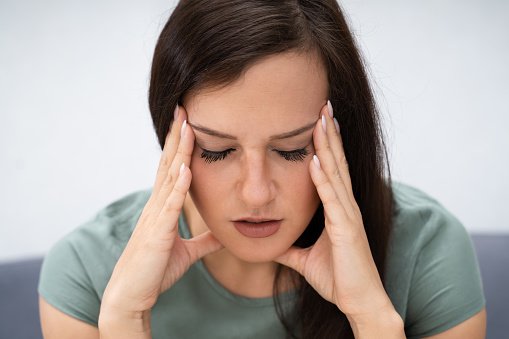Why Does Seasonal Depression Happen?
When summer is over and the sun hides behind thick clouds, do you notice a change in your mood? Do you no longer have any interest in the activities you used to enjoy or feel sluggish around this time? If so, then it is possible you are struggling with seasonal depression. About 5%of adults in the U.S. experience this type of depression around fall, with low moods in the winter before ending in spring. Seasonal depression during the winter months can affect your emotions and the way you think.
It is hard to tell exactly what causes seasonal depression. The reasons are different for everyone. It could have to do with the way the sunlight affects our mood, environmental reasons, or depressive thoughts that come around winter. No matter what the reason is, seasonal depression is never anything to ignore. Knowing why you feel depressed during the winter can help you come up with strategies for a better winter mood.
Here are some reasons why seasonal depression happens to us.

Chemical Imbalance
Neurotransmitters send chemicals to the brain like serotonin, a happiness booster. If you are at risk of seasonal affective disorder, you could have less serotonin in your system. Since sunlight is a good way to keep serotonin alive, not having enough of it can make your depression worse.
 Lack of Vitamin D
Lack of Vitamin D
Vitamin D is known as the “sunshine vitamin.” When we are exposed to the sunlight, our body produces this vitamin. Just like with melatonin, the temperature dropping can decrease our daily dose of vitamin D. A vitamin D deficiency can lead to low serotonin and mood.
Melatonin Levels
Melatonin is a chemical that affects the way you sleep. When it gets dark outside, your brain produces serotonin to help you sleep. Once the sun comes out, the brain will stop melatonin production in order for you to be awake in the morning.
If there is not enough sunlight, this can cause an overproduction of melatonin. This can explain why you are feeling more tired and sluggish during the winter compared to any other time of the year.
Your Circadian Rhythm
The sleep-wake cycle in our biological clock changes between light and dark to regulate your sleep, appetite, and mood. If the night is long and the days are short, your internal clock can leave you feeling tired and disoriented while awake.
Negative Thought Patterns
People who have seasonal depression can generate anxious and depressive thoughts about winter. You may not look forward to going outside knowing how cold it will be. Even taking a walk outside in the fresh air to walk your dog or to your nearest grocery store can feel like a challenge. When you dwell too much on the cold that awaits you outside, this can continue to bring your mood down for months.
Risk Factors
You have a higher chance of developing seasonal depression if you live in a cold climate with less sunlight. Gender can also be a factor; women have seasonal depression more than men do. This may possibly be from fluctuating estrogen levels that affect serotonin.
Age can also be a factor; that people from 18-30 first get diagnosed and their symptoms lessen as they get older. If you have a family history of seasonal depression or any other form of depression, your chances may increase as well.
Since there will be winter months every year that you cannot avoid, you also cannot avoid your depression symptoms. Exposing yourself to natural sunlight or from a lightbox can brighten your mood as well as relaxation techniques. If you are still struggling with seasonal depression, a mental health professional will point you in the right direction towards a better mood.

